- Replies 16
- Views 2.9k
- Created
- Last Reply
Top Posters In This Topic
-
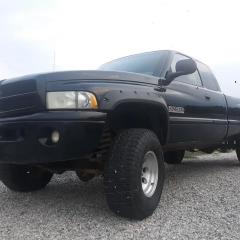 Caleb 7 posts
Caleb 7 posts -
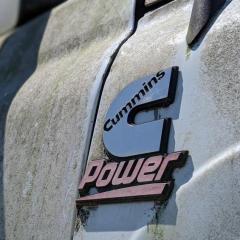 That Guy 4 posts
That Guy 4 posts -
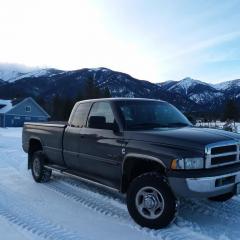 Tractorman 2 posts
Tractorman 2 posts -
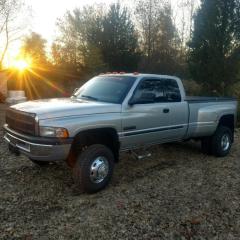 Max Tune 1 post
Max Tune 1 post
Most Popular Posts
-
That would be typical. They are on the same circuit and it is easier to push a cylinder out that to push it back into the master. Put the calipers back on the rotors with pads. Pump
-
This is very likely your problem. There is a compensating port in the master cylinder that is immediately blocked on the forward stroke of the piston (stepping on the brake pedal). This port allows
-
Thank you everyone one for the help! Solution: the push rod between the master cylinder and hydrobooster ended up being 5/16 to long. I talked to a diesel mechanic in my area and they did


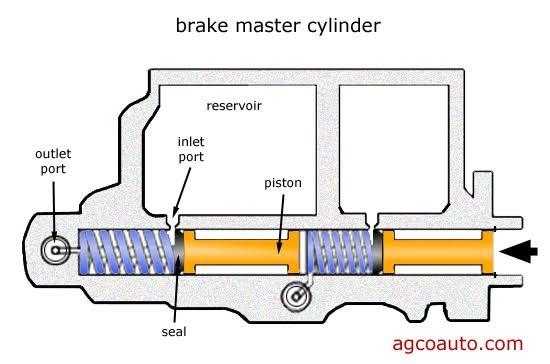
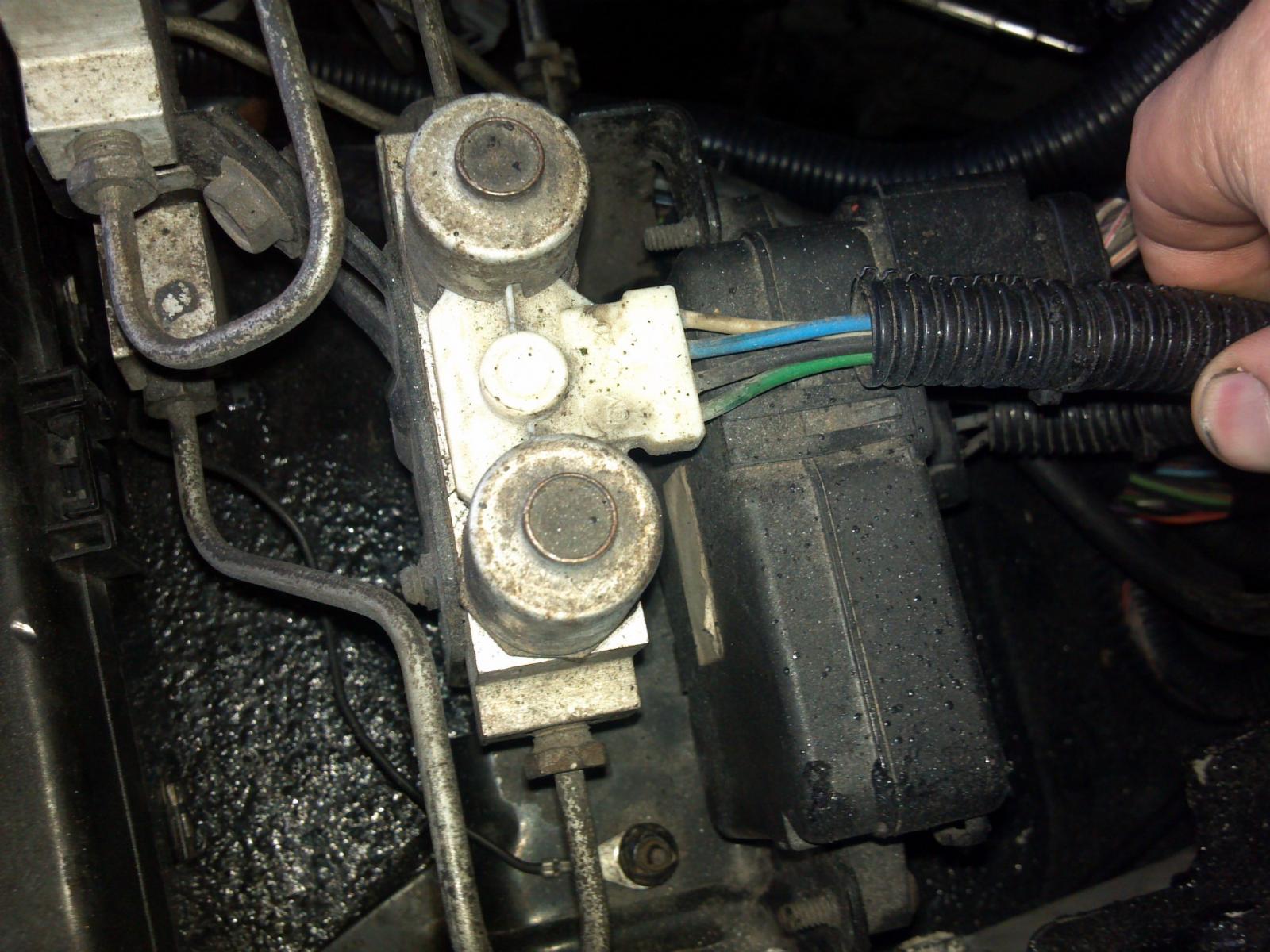
Ok, so I recently bought a 99 24 valve Cummins. When we purchased it, it needed front brakes rotors and calipers. Also, the rear axle seals were leaking so we change those and the rear drum brakes and drums.
When we got all done putting the brakes on front and back, we bled the system properly. When we took it out for a test drive, the brakes were extremely spongy and I could press them almost all the way down to the floor. After doing some research, we ended up replacing the master cylinder. That did not fix the issue, so we also replaced the hydro booster.
After bleeding both the power steering and the brake system, we took it out for another test run. At first we were sure we had fixed the problem. But after a few minutes of stopping and braking, the brakes started to get extremely hot and we lost breaking abilities. We got it back on the lift, and realized that the front calipers got stuck in the open position , causing the brakes to rub. At this point, we don't know what to do.
Any and all advice would be helpful at this point! I gave as much detail as possible but might of forgot something.